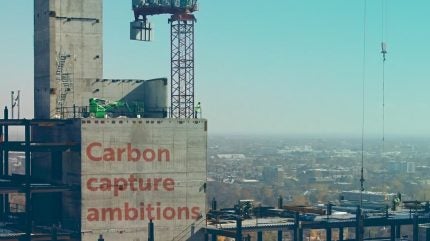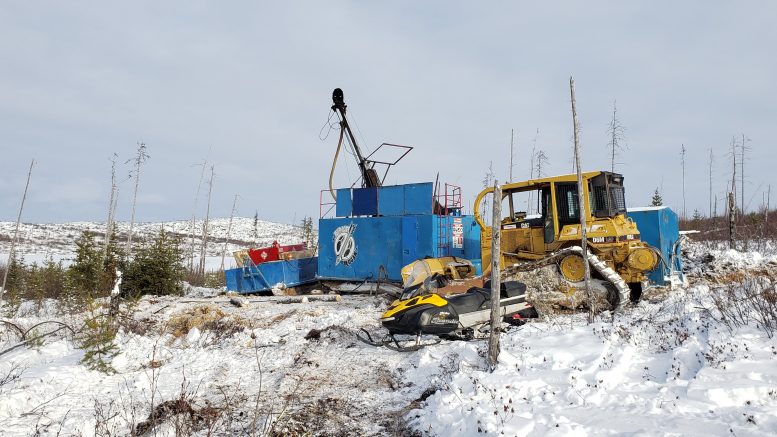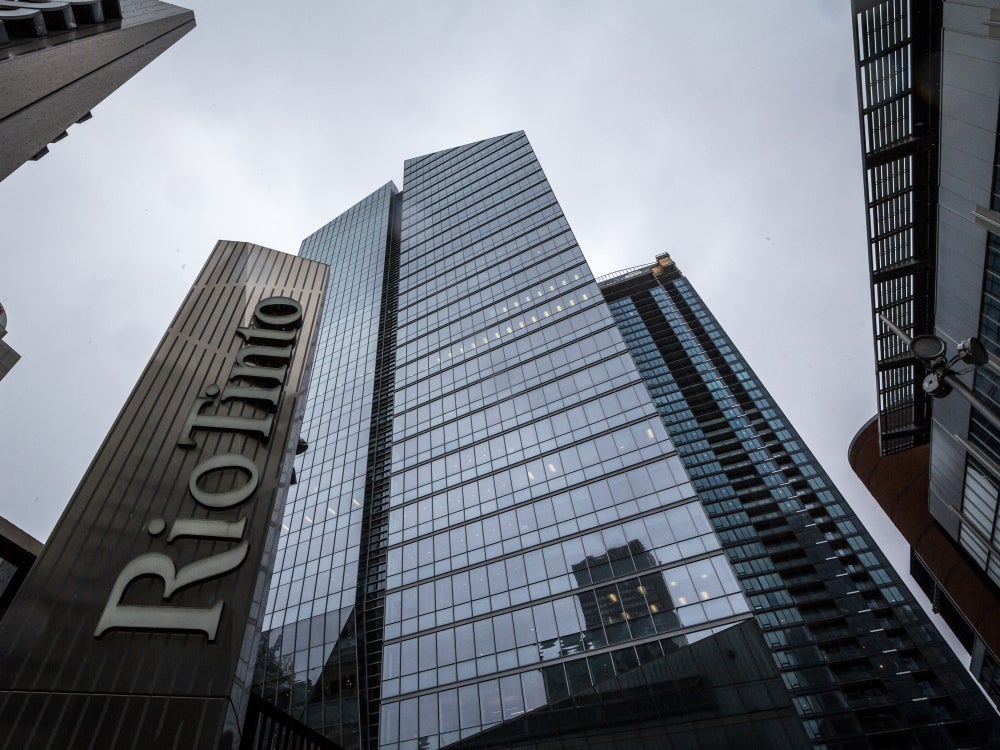The controversial oil executive presiding over global climate talks in Dubai is stepping up efforts to get a deal to curb all fossil fuels for the first time.
Sultan Al Jaber, president of the United Nations-backed COP28 summit, held a special meeting of ministers from nearly 200 countries, in a bid to break the deadlock over the future of oil and gas.
The issue has dominated the fortnight of talks hosted in the United Arab Emirates, after countries failed to reach an agreement at last year’s COP27 talks in Egypt. Al Jaber told reporters on Sunday that now the “time has come for us to shift gears” to deliver a timely and ambitious outcome for the summit, due to end Dec. 12.
Saudi Arabia’s Energy Minister Prince Abdulaziz bin Salman said this week that the kingdom won’t agree to a text that calls for the phase down of fossil fuels. The text must be agreed unanimously. Meanwhile OPEC’s top official urged member countries in a letter to reject any agreements that target fossil fuels.
But the world’s two biggest emitters — China and the US — are in intensive talks to find language on fossil fuels that can bring the two-week climate summit to a successful close. The European Union and other countries are also pushing for language to see the phase out of fossil fuels, which will be key to keeping temperature rises at 1.5C.
“We need to find consensus and common ground on fossil fuels, including coal,” Al Jaber said. “We need to also come to terms with the sources of finance and support” for adaptation and a just transition.
Despite pushing for stronger fossil fuel language, Al Jaber declined to name specific oil producing nations that were holding up climate action. Worldwide carbon dioxide emissions from burning fossil fuels will rise 1.1% this year over 2022, to 36.8 billion metric tons, according to the Global Carbon Project, an international collaboration of scientists.
To try and break the deadlock, the COP president held a “majlis” — an Arabic convention — on Sunday. The session moved all ministers into one room to encourage them to talk openly about their positions and allow them to hash out their differences. A similar approach was used at the Paris talks in 2015, when the presidency hosted indaba sessions to sort out conflicting positions through constant dialog.
The meeting was designed to help inform a new negotiating text that is expected to be released overnight by the COP28 presidency, covering everything from the stocktake of progress on climate change to the first global goal on adaptation.
The argument over the future of fossil fuels is happening almost a decade after nearly 200 countries signed the Paris deal to limit global temperatures to well below 2 degrees, ideally to 1.5C, to avoid the worst impacts of climate change. However, the divisions over fossil fuels are spilling out into other tracks.
Arab nations and a group of developing countries had rejected an initial text on the global goal on adaptation earlier in the week, though that stalemate ended on Sunday, as groups expressed their will to negotiate.
But divisions still exist over this key part of the talks, which should set measurable targets on humanity’s attempt to adapt to a warming planet. China and other developing countries said they want to see more specific references to finance for adaptation throughout the text, while the US disagreed.
“We think we got considerable ways to go to get a decent outcome that will be lasting,” said Trigg Talley, special adviser to US special climate envoy John Kerry, during a meeting of negotiators on Sunday. “What we are doing is creating a framework for implementation over a long period of time that should be robust, clear and consistent.”
Al Jaber has said repeatedly this is the first COP presidency ever to actively call on parties to come forward with language on a phase out on fossil fuels in the agreed text. At last year’s talks in Sharm El-Sheikh, many oil producing nations refused to even engage in a debate.
Still, climate activists have raised concerns about the UAE hosting climate talks from the start, as the country is one of the world’s largest oil exporters. Al Jaber’s presidency has also been viewed with suspicion due to his other role as head of Abu Dhabi National Oil Co.
At least 2,456 representatives of the fossil fuel industry have been granted access to COP28, according to an analysis by the “Kick Big Polluters Out” pressure group.
Share This:




